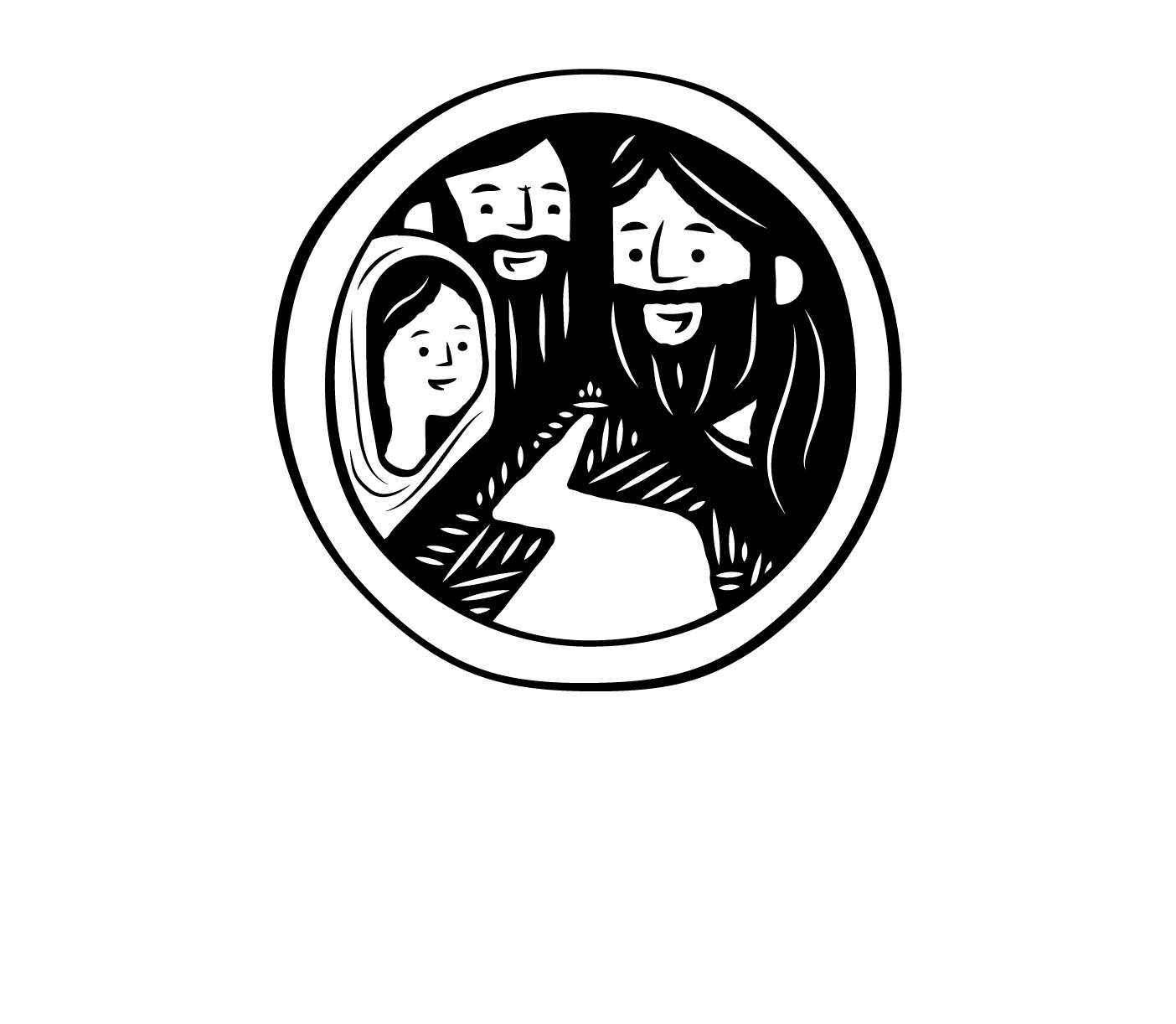I recently did a series of very short interviews with Dawn and Steve on their morning show for the radio station of Moody Bible Institute. They invited me to choose four Koine Greek words that appear in the New Testament that I thought would be good for Christians to understand better. So which ones did I pick? εὐαγγέλιον (euaggelion: “good news” or “Gospel” or “message”), ἐξουσία (exousia: “authority”), πορνεία (porneia: “sexual immorality”) and οἶκος (oikos: “house,” “family”). The interviews are delightful and educational. I think you are going to like it!
You may enjoy the way I approach understanding these four terms. They are perhaps particularly appropriate for our current cultural moment. And there may be some surprises. But I won’t give a spoiler here. You’ll have to listen to the interviews. Please note: the interviews are split up into two videos on YouTube. I pray you will be given insight and inspiration as you listen.
At one point, I give a call to this generation (end of the last interview) on how we can follow the way of the Lord in our day. Steve says that I did a mic drop – boom. Have a listen.
In the meantime, here is one tangent that we got onto at one point. I thought it would be worth reproducing here –
Steve: “Why do you think it is important for Christians to have a basic understanding of some of these Greek words?”
Jordash: “We love the Scriptures. We value them. We believe that these are the most important words that have ever been written on the planet. Correct?
“I’m going to ask you: which Imam in Islam at a Mosque does not read the Quran in Arabic – and could not do it? Which Jewish rabbi throughout the centuries at a synagogue could not open the Hebrew Bible and read it in Hebrew? You’d be hard pressed to find some.
“So, we want to up our game a bit. If we value the Scriptures, especially as leaders and pastors and seminary professors – we want to be able to pick up the New Testament and read it as though we were reading it in our mother tongue. That’s the goal. If we fail in this generation, then let the next generation get there.”
I can summarize the take away from the interviews as this: following God in our generation means, especially, repentance (returning to God, turning from evil), submitting to his authority, abstaining from sexual immorality and building a family. Let’s do it!
Many thanks to Moody Radio’s “Dawn and Steve in the Morning,” both the hosts and the supporting staff, for giving me the privilege of sharing from God’s Word to their broad audience.



